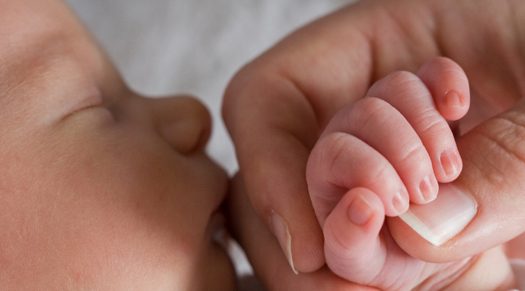
Fertility clinics still a battleground for queer people

SAME-sex couples often face discrimination or erasure when accessing fertility clinics in Australia, according to researchers.
A new study has been launched by La Trobe University and Swinburne University to explore the choices made by LGBTI Australians around fertility and pathways to parenthood.
Associate Professor Fiona Kelly said the LGBTI people she’s interviewed still find that a significant portion of the population don’t think they should be allowed to become parents.
“The biggest challenges are faced by non-biological parents whose role in the family is often minimized or even erased,” she said.
“People like doctors, teachers, and parents at school want to know who the ‘real’ mother or father is.
“Fertility clinics have come a long way in this regard, but some LGBTI patients still find clinics to be unwelcoming to same-sex families.
“Websites and materials at the clinics often presume that their patients are heterosexual couples and are not always inclusive of the non-biological parent.”
Until recently LGBTI couples couldn’t access fertility clinics, forcing them to be resourceful when becoming parents.
Lesbian couples used home insemination and known doctors and the only way gay men could become parents was via overseas surrogacy.
However, after a High Court challenge in 2002 Victoria brought down its ban on lesbian and gay couples accessing fertility clinics and most states followed suit, changing their laws over the past five years.
Kelly believes the new frontier is LGBTI experiences of the fertility industry, which has had to adapt quickly to this new ‘market’.
“There hasn’t been any research yet on how the industry has responded to the LGBTI community and, in particular, whether it has been welcoming and accommodating of the unique needs of the LGBTI communities,” she said.
“There have been a lot of attacks on same-sex parenting in the context of the equal marriage debate with various groups arguing that it is harmful to children to be raised in a same-sex household.
“While same-sex couples are able to access fertility services and become parents, they do so in a social environment that still questions their right to do so.”
Kelly hopes the new study will help to provide important insights into how the fertility industry has responded to LGBTI clientele and whether it is welcoming.
“We hope that the research will help open up a dialogue with the fertility industry so that the needs of LGBTI patients are adequately and respectfully met.”
The study has received ethics approval from both universities as well as ACON.
If you are an LGBTI parent or prospective parent you can take part in the survey here.









